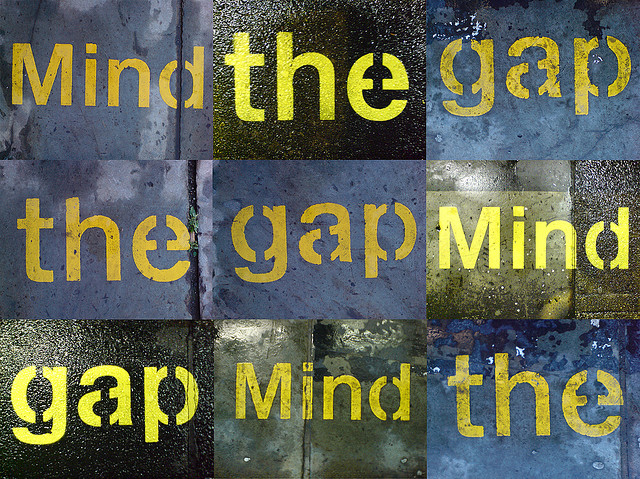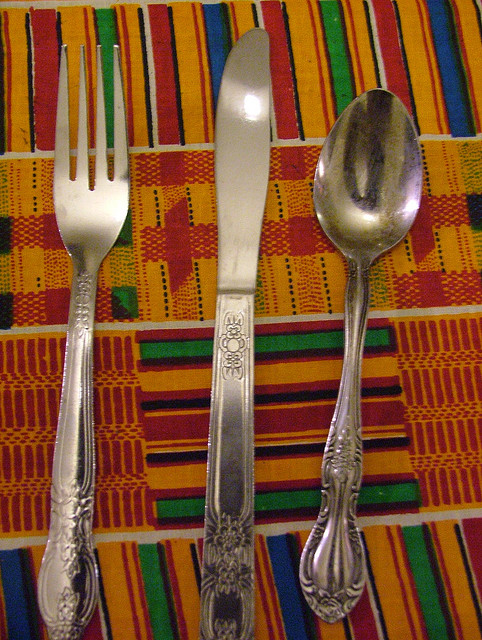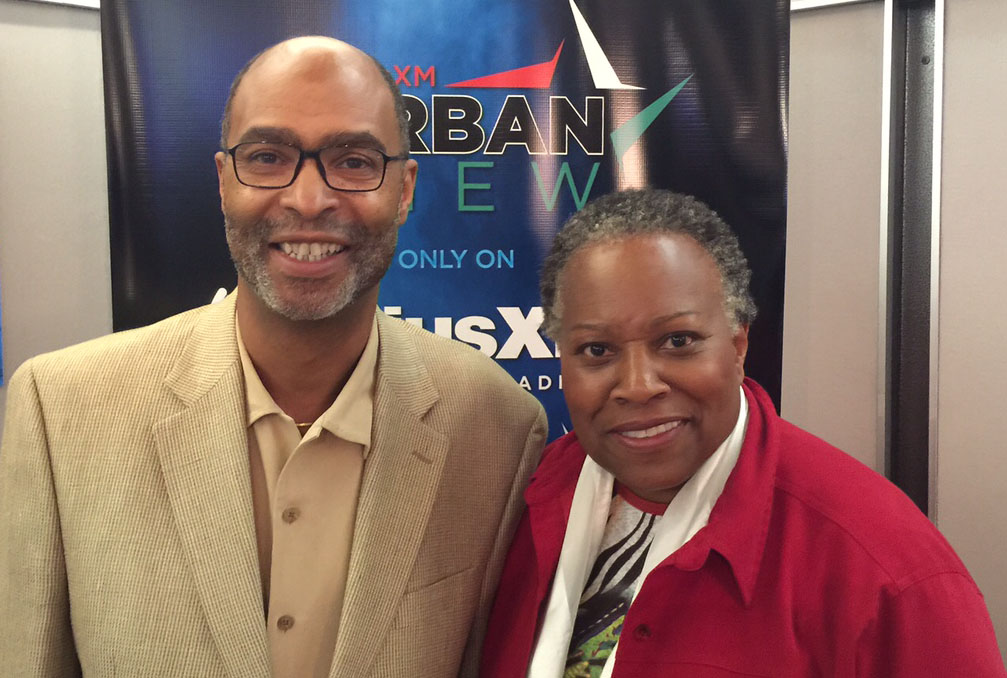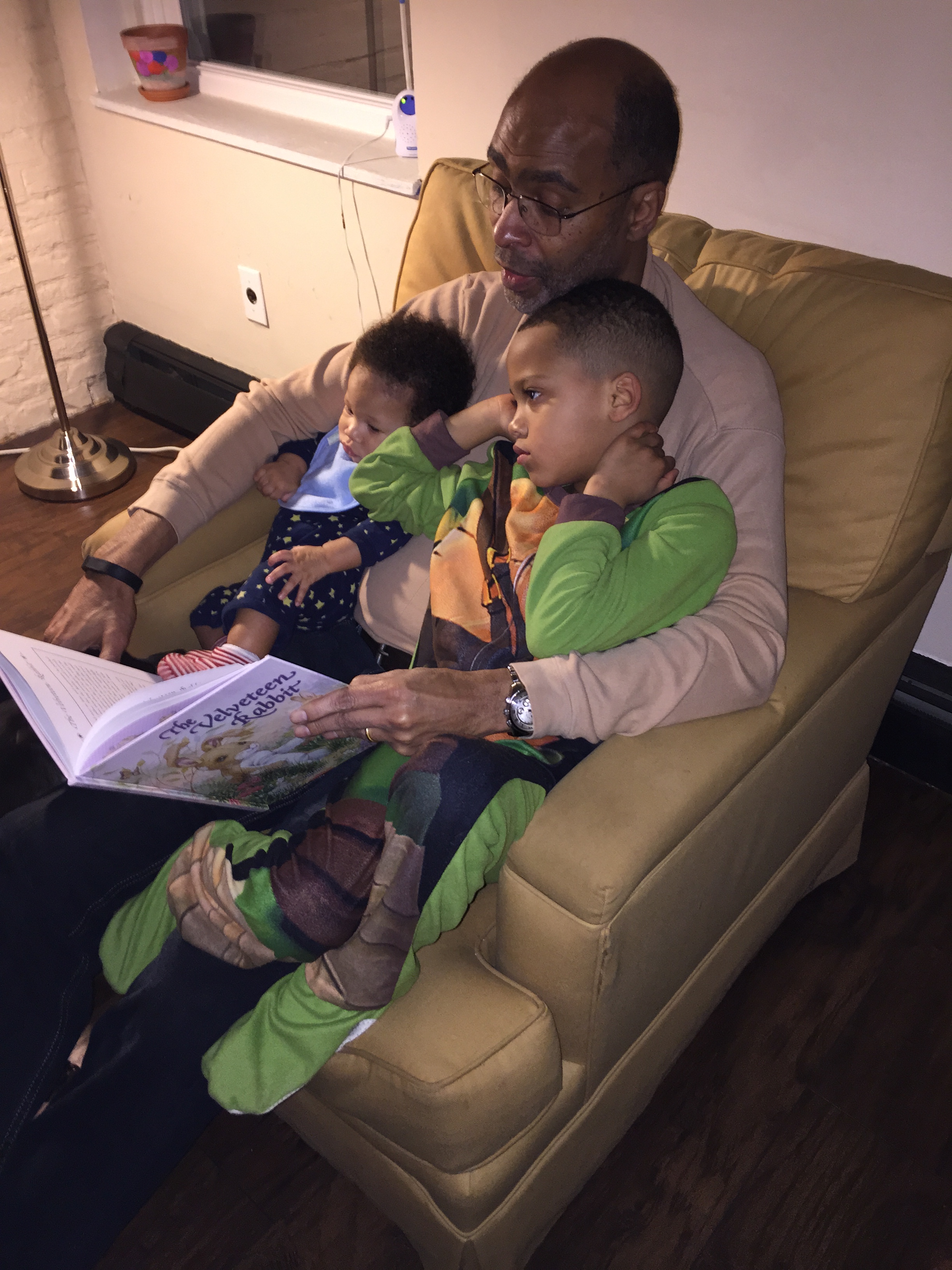
A new MBA student came to me with a problem. He needed to pay his tuition in two days; he had the money, he just didn’t have access to it. The problem was that his money was in a bank in his home country from which he could withdraw only $1,000 a day— he owed $4000. If he took four days to get his money, his class schedule would be cancelled and he would be past the deadline to add the classes back again.
I asked the student if he had gone to the source of information– the Bursar’s Office where all fees are paid or the Registrar’s Office to discuss keeping his classes in the system. He hadn’t been to either office. I told him that whenever you need information or need a decision made, go to the source and/or the decider and no one else. Then and only then will you know what’s best to do.
Several days later, he came by my office with a smile on his face. He had taken my advice and gone to the Bursar’s Office first. He found out that he qualified for a $2,700 scholarship just for foreign students that could be applied to his fees immediately. Along with what he’d already withdrawn from his bank—he now had enough to pay his fees. He kept his classes and had a little extra money as well.
One of the cardinal rules in college, and in life, is go to the source for information and to go to the decider when a decision needs to be made. There is no substitute for information and authority, that’s good advice for students and everyone else.
 I just finished reading and
I just finished reading and 





